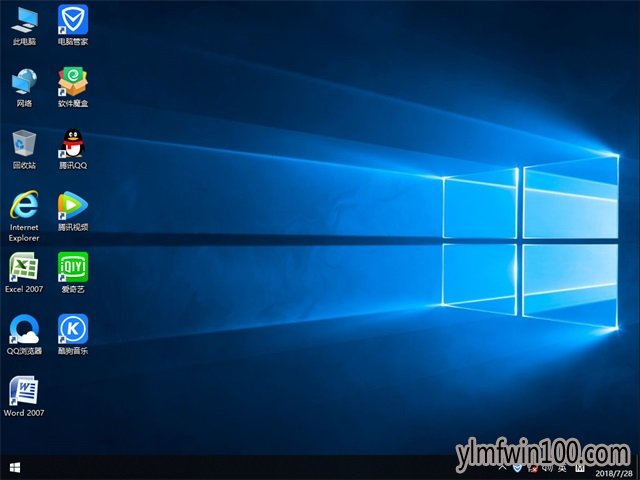
vray如何用?vray新手入门的使用方法:
1、建立场景,(怎样的场景不用我多说了,看书吧。)认为材质和摄影角度满意后,将渲染器设为 vray渲染器(Common→Assign Renderer),这一步骤和mental ray渲染器的设法是一致。
2、在渲染菜单中,在indirect illmination(GI)下,勾选On, 就可以渲染出最简单的GI效果(默认参数)。
3、是不是发现物体边缘有很多锯齿边?下边再勾选Image sampler(Anti-aliasing)中的 使用高级搞锯齿方式进边消边。其实速度跟所谓的参数设置有紧密关系的,参数设置(要求)高,速度就会降低。但质量会提高。所以说在效果图的渲染中参数要跟据具体要求进行考究,理想的设置是速度与质量找到一个平衡点。
还有一个Multiplier数值要注意,它控制着二级照明强度,将它调大场景也许会更亮, 但不要和灯光强度概念混淆了。
4、 VRAY的渲染参数面板中, 有一个环境Environment,有两项,分别是:
Environent color(环境颜色)选项 ,它的作用mental ray、FR的环境色一样
环境贴图以及强度设置
从功能上来说,它是取代MAX自身参数的,最重要的作用应该是用来支持简化的HDR方式,就象FR渲染器一样,可以设置环境贴图的照明强度。
要得到天空光效果也很容易,打开G I后,在MAX环境菜单中把缺省的黑色改成一个兰灰色,或者给它一个球形环境贴图。
5. VRAY对于渲染的视图有严格的要求,它必须是在有透视的视图中才能渲染,比如。透视视窗,摄影机视窗。对于T、B、R、L、 S、K、F、U 这一类,没有透视的视窗是什么也不会渲染的。
入门学习之全局光照明 :
灯光参数的意义
On - should be obvious
Double-sided - this has effect only on planar maps. It will make them cast light on both sides.
两面都发光。
Transparent - when this is on, the light will not be visible, but will cast light. This can be very useful for interior scenes - you can put transparent lights at the windows, instead of counting just on skylight.
不选中时,灯是可见的。选中时,灯不可见,可以用来模拟天光,窗口的进光
Ingore light normals - by default VRay takes in account the angle between a shadow ray and the light. This produces a noisy image, even in areas that are completely lit (not in shadow). Turning this option on will make VRay ignore this angle and will make the image less noisy (but not physically correct).
默认状态下,vray...(此处不明),这将产生麻点,即使在完全不在阴影中的区域内。勾选中后vray将不考虑这种这种地方,麻点会少点,(但物理上是不正确的)
No decay - by default VRay lights become weaker as the distance * them increases - this is how lights behave in the real world. However, it may not be very convenient to work with. Turning this option on will cause VRay to ignore this distance. You will probably have to adjust the Multiplier if you change this option. Also, it seems that using it causes some artifacts which we will try to fix.
不衰减
Store with irradiance map - this option allows you to store the diffuse illumination * a VRay light in the irradiance map. It may be useful in fly-through animations.
与光照贴图一起保存,对游历动画很有用。
Type and Size I think are clear, with the exception of W size - currently it does nothing, since the two supported types need at most two dimensional parameters.
Subdivs - this controls the quality (graininess) of the shadows. Greater values will produce smoother shadows. The parameter determines the number of samples (per pixel) that VRay will make in order to calculate the shadows (actually, this parameter is the square of the number of samples). VRay may send less (but never more) shadow rays when possible without loss in visual quality.
控制阴影的质量。大点会光滑一点。与采样值的平方成正比。
Low subdivs - this is used instead of Subdivs for irradiance map calculations and also when the level of a ray becomes greater than the degrade depth (see below). Each intersection of a ray with a surface increases its ray level by one. For example reflections typically increase the level of a ray by one, and refractions - by two, since the ray needs to pass through the front and the back surface of the refractive objects.
Degrade depth - this is the ray level after which Low subdivs will be used instead of Subdivs. In the recent version of VRay, sampling is to a large extent handled automatically, so you can * this to a large value without performance loss.
当然以上英文小编基本看不懂,是官方给出的使用建议,英语好的用户可以看一下,不好的话使用翻译软件翻译将就看一下吧,英文好的用户可以帮小编翻译一下转给小编啊,哈哈!
以上就是vray如何用?vray新手入门的使用方法了!

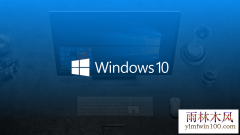 雨林木风快速装机 V2021 Win10专业版64位
雨林木风快速装机 V2021 Win10专业版64位 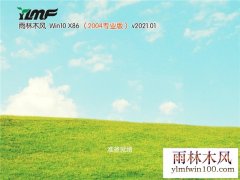 雨林木风 Win10(2004) v2021.01 32位专业版
雨林木风 Win10(2004) v2021.01 32位专业版 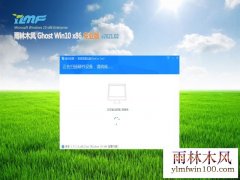 雨林木风Ghost Win10x86 推荐专业版 V2021年02月(无需激活)
雨林木风Ghost Win10x86 推荐专业版 V2021年02月(无需激活) 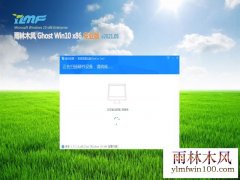 雨林木风Ghost Win10x86 电脑城专业版 2021v05(无需激活)
雨林木风Ghost Win10x86 电脑城专业版 2021v05(无需激活) 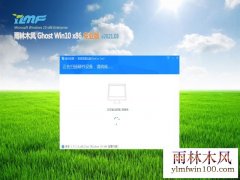 雨林木风Ghost Win10x86 最新专业版 2021V03(自动激活)
雨林木风Ghost Win10x86 最新专业版 2021V03(自动激活) 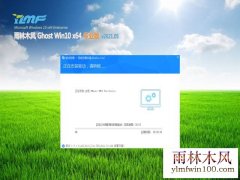 雨林木风Ghost Win10 x64 全新专业版 2021.05月(免激活)
雨林木风Ghost Win10 x64 全新专业版 2021.05月(免激活) 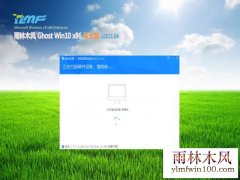 雨林木风Ghost Win10x86 稳定专业版 v202104(无需激活)
雨林木风Ghost Win10x86 稳定专业版 v202104(无需激活) 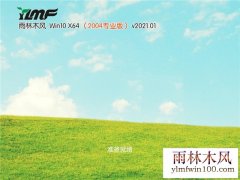 雨林木风 Win10 (2004) v2021.01 64位专业版
雨林木风 Win10 (2004) v2021.01 64位专业版 